
Introduction: Understanding Marketing Automation
Marketing automation has become increasingly popular in recent years as businesses seek to streamline their marketing efforts and reach a wider audience. In order for marketing automation to be successful, gradual implementation is key. This means starting with a clear strategy and gradually incorporating automated processes as you gather data and analyze results. Segmenting your audience and developing targeted campaigns that nurture leads and identify potential customers is also important.
Effective lead scoring and strong branding are also crucial components of successful marketing automation campaigns. By structuring your campaigns for greater effectiveness and simplifying analysis, you can maximize your marketing automation efforts and achieve better results.
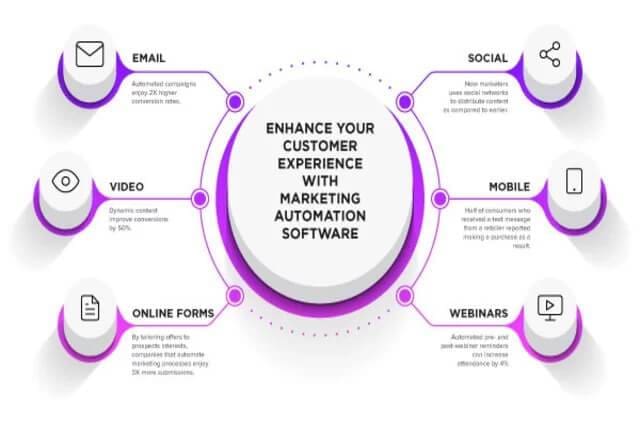
Gradual Implementation: The Key to Successful Marketing Automation
Gradual Implementation is crucial when it comes to successful marketing automation. It is essential to identify what parts of your marketing process can be automated and to implement the changes gradually to avoid overwhelming your team. Marketing automation is a process that requires time and patience to get right. One should start by defining clear goals and setting achievable targets. Personalizing online journeys and segmenting audiences can considerably improve marketing efficiency and ROI.
Furthermore, choosing the right automation tool that aligns with your goals is vital. In conclusion, gradually building a fully optimized marketing automation process can help businesses make incremental gains and eventually deploy more significant changes with confidence.
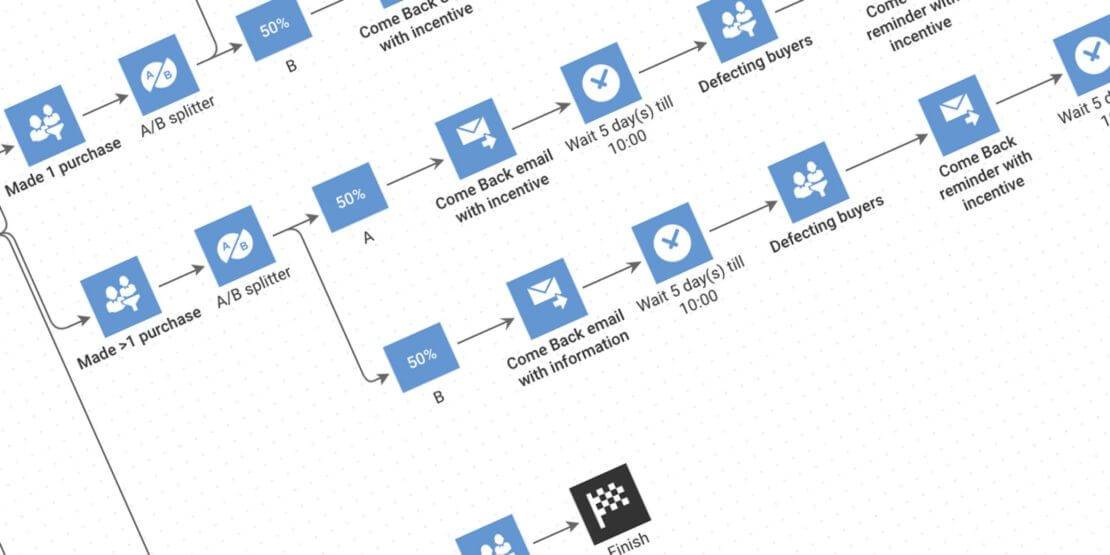
Developing a Clear Strategy for Marketing Automation
Once you understand marketing automation and how it works, the next step is to develop a clear strategy for implementing it in your business. This involves identifying your target audience, setting specific goals, and determining the best channels and tactics to use. By developing a strong strategy upfront, you can ensure that your marketing automation efforts are focused, effective, and aligned with your overall business objectives.
Additionally, having a clear strategy in place can help you measure your results more accurately and make better decisions about how to optimize your campaigns over time.

Quantifying Findings: The Importance of Data Analysis
Data analysis is crucial to optimizing campaigns and achieving better results in marketing automation. Developing a clear strategy, segmenting audiences, and nurturing leads all rely on understanding and quantifying the findings from your marketing data. By using marketing automation tools to analyze and measure data accurately, you can identify key performance metrics and hone in on areas for improvement. Effective data analysis can also inform lead-scoring tactics, helping you target the right people with personalized messaging. With strong branding and structured campaigns, data analysis can help you achieve greater effectiveness and ROI from your marketing efforts.
Segmenting Your Audience: Maximizing Marketing Automation
Segmenting your audience is a critical component of successful marketing automation. By dividing your audience based on their behavior, interests, and demographics, you can deliver more personalized and targeted messages that resonate with each group. This approach improves campaign effectiveness and enhances customer engagement and satisfaction.
Furthermore, segmentation allows you to identify high-value leads, optimize your marketing spend, and focus on the channels and messages that drive the best results. By incorporating segmentation into your overall marketing strategy, you can maximize the potential of marketing automation to its fullest.
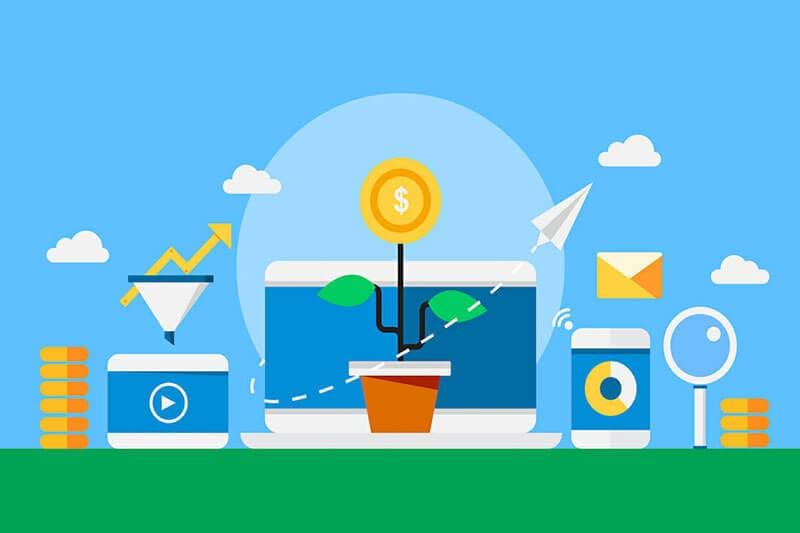
Nurturing Leads for Higher Conversions
To nurture leads and increase conversion rates, it’s essential to use effective lead-nurturing techniques. To do this successfully, businesses must create a personalized content strategy, develop multi-channel campaigns, and use lead scoring to identify the most qualified leads. Businesses can provide instant engagement and relevant content to potential customers that address their pain points by segmenting their audience and implementing marketing automation. Businesses can quantify their findings and adjust their strategy with data analysis. And by structuring campaigns for greater effectiveness and strengthening their branding, businesses can maximize their marketing automation efforts. Nurturing leads is a critical component of any successful marketing automation campaign and is essential to see higher conversions for your business.
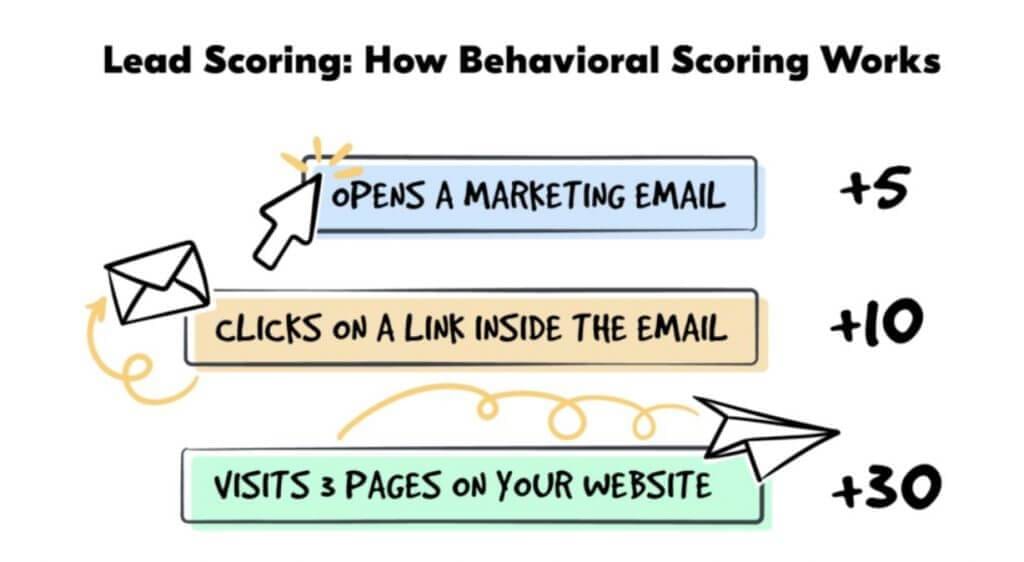
Identifying Who to Target: Effective Lead Scoring
In order to effectively target potential customers, businesses must prioritize lead scoring within their marketing automation strategy. This involves assigning point values to various leads based on their behavior, interests, and engagement with the brand. By doing this, businesses can focus their resources on high-value leads who are most likely to convert and adjust their marketing efforts accordingly. Segmentation and personalized nurturing techniques also play a key role in maximizing the effectiveness of lead scoring.
Businesses can create a streamlined and efficient revenue machine by paying attention to the data and continuously analyzing and adjusting their approach. It’s important to keep in mind that all of these steps must be informed by a clear strategy and strong branding, as well as a willingness to gradually implement changes rather than biting off more than you can chew.

Simplifying Marketing Analysis for Better Results
Marketing automation can provide a wealth of data on campaign performance, but it can also create the daunting task of sorting through that data to extract meaningful insights. To simplify marketing analysis, marketers should focus on key metrics aligning with their business goals. Marketers can better understand their audience and how they interact with campaigns by segmenting marketing data using filters and tags.
Additionally, visual aids such as charts and graphs can help quickly identify trends and areas for improvement. By simplifying marketing analysis, marketers can make better strategic decisions that lead to better results.
Strong Branding: The Cornerstone of Marketing Automation
The ninth section of this blog focuses on the importance of strong branding as a cornerstone of successful marketing automation. Building a consistent brand message across all channels is crucial to establish trust and recognition with your audience. In combination with marketing automation, strong branding can help increase lead generation, conversion rates, and customer retention. Defining and communicating your brand message clearly and consistently throughout your campaigns is essential. By doing so, you can stand out in a crowded market and establish your company as a reliable source of value for your customers. Implementing marketing automation tools can help you streamline your brand message and ensure that it stays consistent across all channels and campaigns.
Structuring Your Campaigns for Greater Effectiveness
Structuring your campaigns for greater effectiveness is crucial in the world of marketing automation. It’s not just about creating a campaign and sending it out blindly. Taking the time to segment your audience and nurture leads can lead to higher conversions. Identifying who to target is also essential for effective lead scoring. By simplifying your marketing analysis, you can gain insights into what’s working and what’s not.
Strong branding is the cornerstone of your marketing efforts, and it’s important to have a clear strategy in place. Gradual implementation can also be key to successful marketing automation. Analyzing data and quantifying findings can more effectively structure your campaigns for maximum impact.
Remember, clear and direct messaging is essential; utilizing automated email solutions can save you time and effort. From planning to execution, implementing these best practices can help drive success in your marketing automation initiatives.
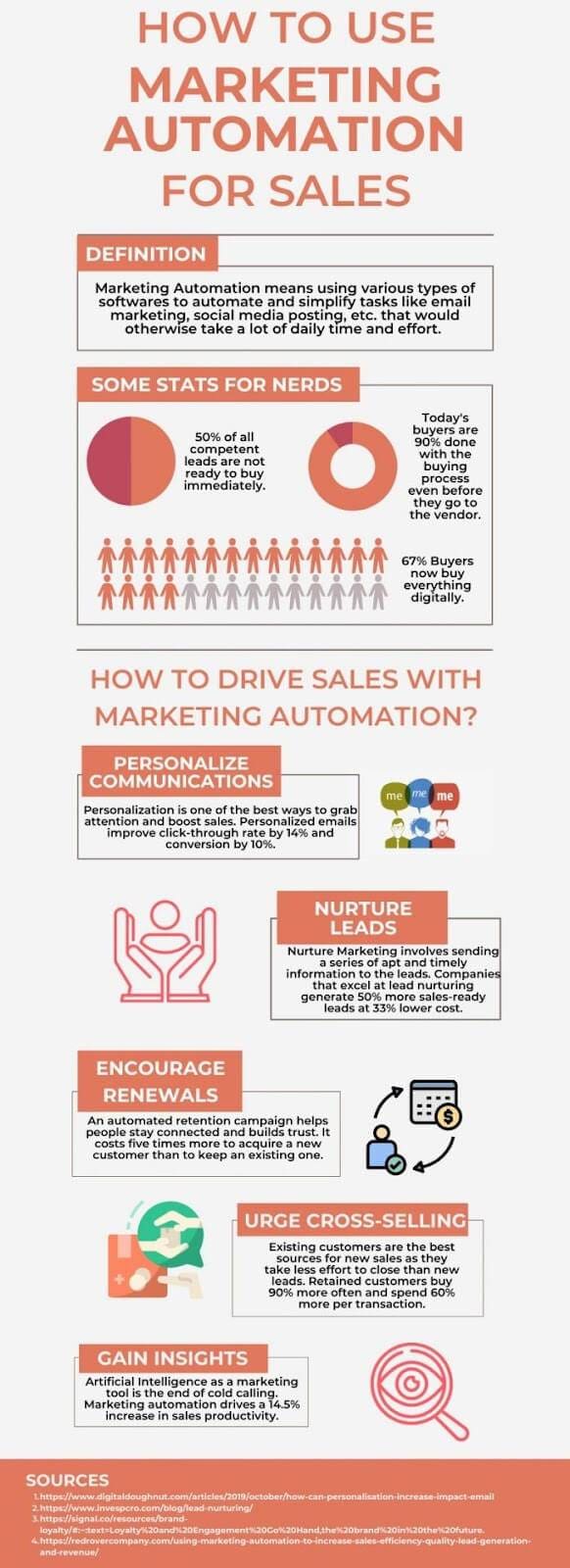
Conclusion
In conclusion, marketing automation can be a game changer for businesses looking to streamline their marketing efforts and increase conversions. By gradually implementing a clear strategy and segmenting the audience, businesses can nurture leads and identify the right prospects to target. Data analysis and simplification of marketing analysis can provide valuable insights that can further optimize campaigns. Strong branding is also crucial in creating a unified message across all channels.
Finally, structuring campaigns for greater effectiveness is key to achieving success with marketing automation. By following these tips for successful marketing automation, businesses can achieve their goals with minimal effort and significantly improve their ROI.
Frequently Asked Questions (FAQs)
How do you use marketing automation tools effectively?
To use marketing automation tools effectively, start by clearly defining your goals and objectives. Segment your audience based on specific criteria and create personalized campaigns. Utilize automation features such as email workflows, lead scoring, and behavior tracking to engage and nurture leads. Continuously monitor and analyze your results to optimize your strategies and improve performance.
What could be a basic marketing automation strategy?
A basic marketing automation strategy involves capturing leads through forms or landing pages, sending automated follow-up emails based on user actions, and nurturing leads with targeted content. It can also include lead scoring to prioritize prospects and automation of repetitive marketing tasks, such as social media posting or data management.
What are the ways of marketing automation?
Marketing automation can be implemented through various channels and tactics, including email marketing automation, lead nurturing campaigns, personalized content recommendations, website personalization, dynamic landing pages, social media scheduling and automation, customer segmentation, lead scoring, and behavior tracking.
How do you develop a marketing automation strategy?
To develop a marketing automation strategy, start by understanding your target audience and their journey. Map out the touchpoints and interactions they have with your brand. Identify areas where automation can enhance the customer experience and streamline your marketing efforts. Set specific goals, create workflows and campaigns, test and optimize, and regularly analyze your results to refine your strategy.
What is a marketing automation strategy?
A marketing automation strategy is a plan that utilizes automation tools and techniques to streamline and optimize marketing processes. It involves automating repetitive tasks, nurturing leads, personalizing communications, and delivering the right content to the right audience at the right time. The strategy aims to increase efficiency, improve customer engagement, and drive conversions.
How important is marketing automation?
Marketing automation is crucial for businesses as it allows for more efficient and personalized marketing efforts. It saves time by automating repetitive tasks, nurtures leads to increase conversion rates, improves customer segmentation and targeting, provides valuable data and insights for decision-making, and enhances the overall customer experience.
How can you use marketing automation to help businesses?
Marketing automation can help businesses in various ways. It enables lead nurturing and increases the chances of converting leads into customers. It allows for personalized and timely communication with prospects and customers, leading to improved engagement. Marketing automation also helps in tracking and analyzing campaign performance, optimizing marketing strategies, and improving overall operational efficiency.




